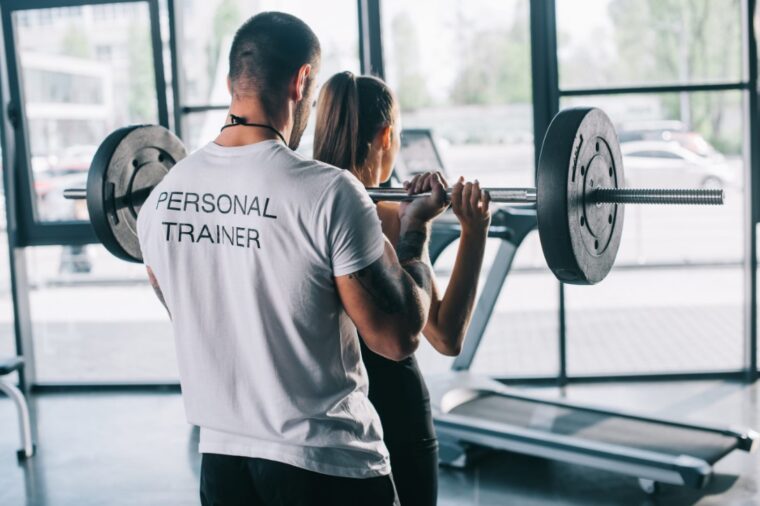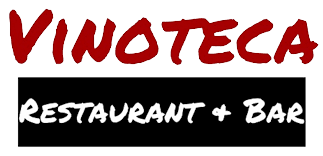Pursuing a career in fitness often involves understanding more than just exercise routines and physical conditioning. One crucial aspect of helping clients achieve their fitness goals is sports nutrition. But is sports nutrition hard to learn?
For personal trainers looking to expand their knowledge and provide well-rounded services, the answer depends on several factors, including your background in science, your willingness to study, and the depth of knowledge you want to acquire.
While it can be challenging, understanding sports nutrition is not only achievable but can also be incredibly rewarding. Here’s what personal trainers should expect when diving into the world of sports nutrition.
The Basics of Sports Nutrition

Before diving into the more complex aspects of sports nutrition, it’s essential to understand the basics. Sports nutrition focuses on how diet and nutrition affect athletic performance, recovery, and overall health.
As a personal trainer, learning about macronutrients (proteins, carbohydrates, and fats), micronutrients (vitamins and minerals), and hydration will form the foundation of your knowledge. Understanding how these elements impact energy levels, muscle recovery, and body composition is crucial for helping your clients achieve their fitness goals.
The basics of sports nutrition are not overly difficult to grasp, especially if you already have a background in fitness or personal training and if you are certified with a legitimate certification like those you can get at ASFA. Many sports nutrition courses start with these foundational topics, making it easier for beginners to follow along.
The key is to build on this knowledge gradually and apply it in real-world settings with your clients. Expect to spend time studying different types of nutrients, how they fuel the body, and how to adjust dietary intake based on specific fitness goals.
Time and Effort Required for Learning
One of the most important things to consider when learning sports nutrition is the time and effort required. For personal trainers who are already juggling client sessions and workout programming, finding the time to dedicate to studying can be a challenge. However, if you’re committed to expanding your expertise, sports nutrition is a valuable skill that can enhance your career.
Most sports nutrition certification programs can be completed in a few months, depending on the time you’re able to dedicate to studying. Online courses offer flexibility, allowing you to learn at your own pace, which is ideal for busy trainers.
Keep in mind that while learning the basics may not take long, truly mastering the subject and staying up to date with the latest research will require continuous learning and effort.
Science-Based Learning

For those who don’t have a background in science, sports nutrition can be a bit more challenging to grasp. The subject relies heavily on concepts from biology, physiology, and chemistry, particularly when it comes to understanding how nutrients interact with the body during exercise.
However, most certification programs break down these topics in a way that is accessible to beginners, making it possible to understand them even without prior scientific knowledge.
As a personal trainer, you’ll need to understand how energy is produced and utilized by the body, how different types of foods affect performance and recovery, and how to apply these principles to create effective nutrition plans.
If science wasn’t your favorite subject in school, don’t worry—many trainers find that sports nutrition becomes much more interesting and engaging when they can apply the concepts to real-world scenarios with their clients.
Applying Knowledge to Real-world Scenarios
One of the most rewarding aspects of learning sports nutrition is seeing how the knowledge can be applied to real-world scenarios. As a personal trainer, you’ll be able to help clients improve their performance, recover faster from workouts, and reach their fitness goals more efficiently through nutrition. Learning how to tailor nutrition plans based on your client’s goals—whether it’s weight loss, muscle gain, or endurance training—is key to offering comprehensive fitness coaching.
For example, you’ll learn how to adjust macronutrient ratios based on different types of workouts, when to recommend increased protein intake for muscle recovery, and how to guide clients on pre- and post-workout meals for optimal performance.
Ongoing Education and Staying Up to Date

Like many areas of health and fitness, sports nutrition is constantly evolving. New research is continually emerging, and what was considered best practice a few years ago may no longer be valid. As a personal trainer, it’s important to stay up to date with the latest developments in sports nutrition to ensure that you’re offering the best advice to your clients.
Ongoing education is a necessary part of learning sports nutrition. While you may obtain a certification, it’s important to stay engaged with industry publications, attend seminars or webinars, and even pursue further certifications as new trends and research come to light. This commitment to ongoing learning will help you stay ahead in the fitness industry and continue providing your clients with high-quality, evidence-based nutrition advice.
Challenges Personal Trainers May Face
While sports nutrition is a valuable skill for personal trainers, there are challenges you may face. One common hurdle is the legal and ethical boundaries surrounding nutrition advice. In many regions, personal trainers are limited in the scope of nutrition advice they can offer unless they have a specific nutrition certification or licensure, such as becoming a registered dietitian.
Make sure you understand the laws in your area to avoid overstepping your professional boundaries. Offering general guidance on nutrition, such as discussing macronutrient ratios or hydration, is usually acceptable, but creating detailed meal plans or diagnosing dietary issues may require additional qualifications.
Another challenge personal trainers might face is client adherence. Even with a strong understanding of sports nutrition, getting clients to follow your recommendations can be difficult. People have different relationships with food, and some may struggle with discipline or motivation.
As a trainer, you’ll need to develop strong communication and motivational skills to help clients stay on track with their nutrition goals. This might involve regular check-ins, offering practical solutions, and providing support when clients face setbacks.
Is sports nutrition hard to learn? The answer largely depends on your background and dedication, but for most personal trainers, the challenges are manageable. The ability to apply your knowledge in real-world settings, guide your clients toward their goals, and stay current with new trends makes the journey worth the effort. By expanding your skillset into sports nutrition, you can offer more comprehensive training and help clients optimize their performance, recovery, and overall health.


